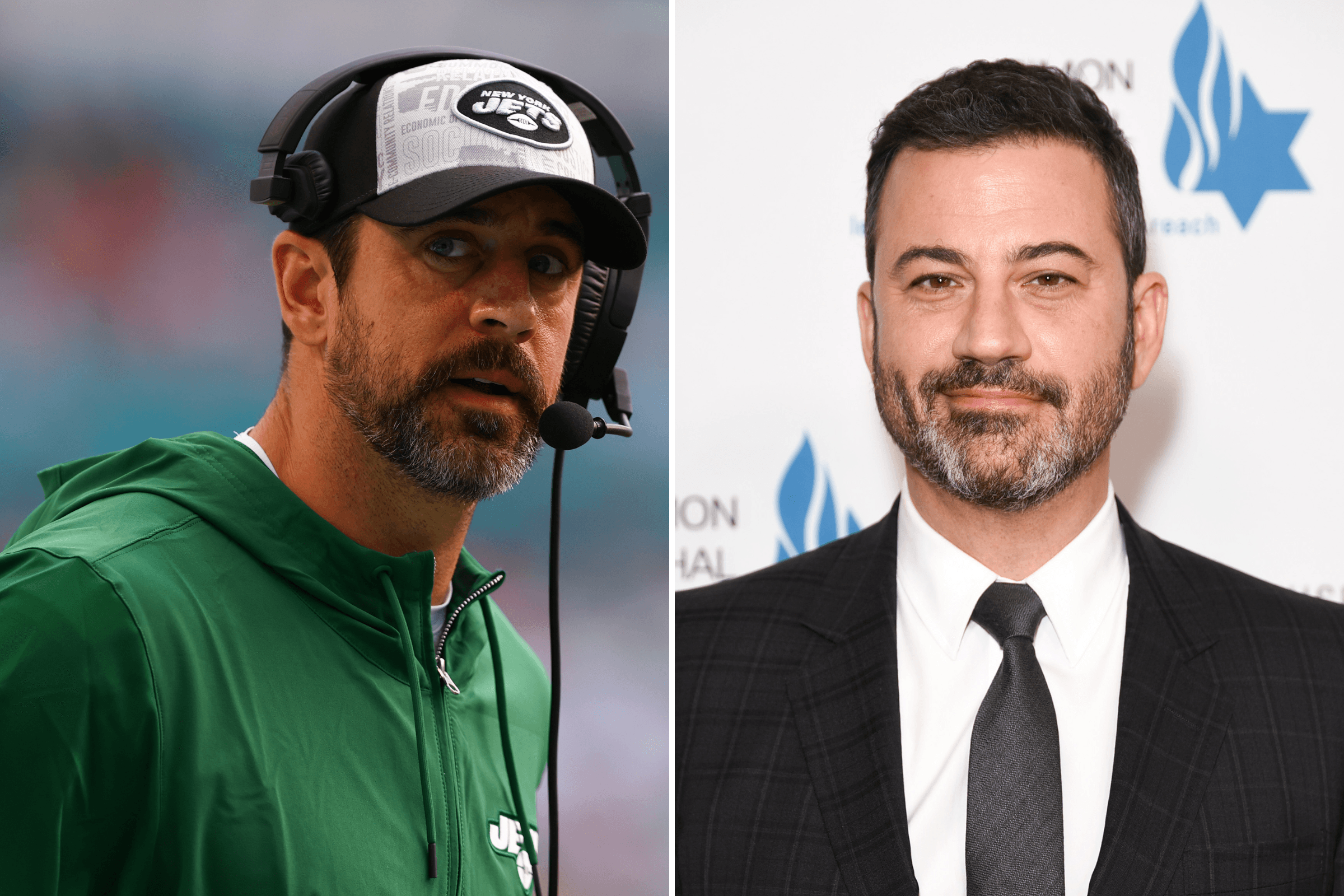Jimmy Kimmel criticizes Aaron Rodgers ahead of Pat McAfee show appearance

In a sharp critique lasting seven minutes, Jimmy Kimmel took aim at Aaron Rodgers on Monday night, anticipating the quarterback’s appearance on The Pat McAfee Show the following day.
Kimmel’s disdain was sparked by Rodgers’ claim that Kimmel might be linked to Jeffrey Epstein, leading the comedian to challenge Rodgers on social media. Newsweek has reached out to both Kimmel and Rodgers for comments amid the escalating controversy surrounding Epstein’s associates, as revealed in documents released on January 3.
The documents exposed over 100 individuals associated with Epstein, a hedge fund manager accused of trafficking underage girls. Although inclusion in the documents doesn’t imply guilt, it can tarnish reputations. Rodgers’ comments about Kimmel came on January 2, just before the document release, insinuating that Kimmel, like others, feared being exposed. Kimmel vehemently denied any connection to Epstein on X (formerly Twitter), calling Rodgers out for reckless statements endangering his family.
Addressing the feud on Jimmy Kimmel Live, the comedian dubbed Rodgers as “Karen Rodgers,” referencing the infamous “Karen” meme. Kimmel reiterated his absence from Epstein’s list and mocked conspiracy theories. He speculated that Rodgers’ animosity might stem from Kimmel’s past jokes, accusing the NFL star of having a sizable ego and resorting to baseless accusations.
Kimmel further criticized Rodgers’ stance on the COVID-19 vaccine and accused him of spreading unfounded claims. While supporting free expression, Kimmel emphasized the distinction between opinions and slander, highlighting the importance of facts. Concluding the monologue, Kimmel expressed doubt about receiving an apology from Rodgers but remained open to reconciliation.
Rodgers, set to discuss the matter on The Pat McAfee Show, previously evaded questions post-game, teasing viewers to tune in for his side of the story. The ongoing saga underscores the intersection of celebrity, controversy, and the need for responsible discourse.












